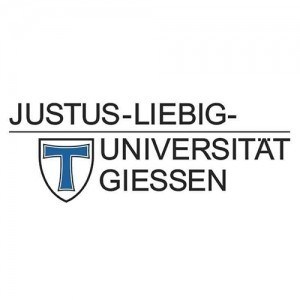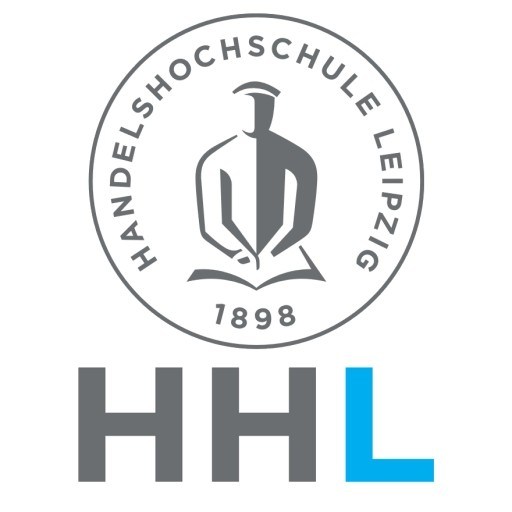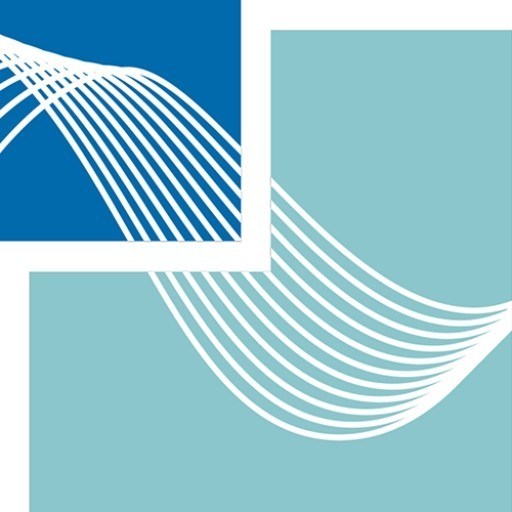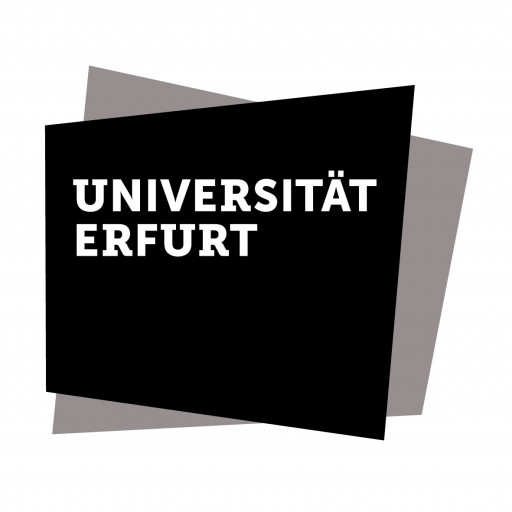Photos of university / #unipotsdam
Public Management at the University of Potsdam offers a comprehensive and interdisciplinary education designed to prepare students for leadership roles in the public sector. The program combines theoretical foundations with practical skills, enabling graduates to effectively manage and develop public institutions, policy processes, and administrative structures in a variety of contexts. Students will explore key topics such as governance, public policy analysis, organizational management, budgeting and financial management, public law, and digital transformation in the public sector. The curriculum emphasizes a blend of political science, economics, law, and management, fostering a deep understanding of the complexities and challenges faced by public administrators today.
Throughout the program, students engage with current issues such as transparency, accountability, citizen participation, and sustainable development. Practical components include case studies, project work, simulations, and internships, which provide valuable insights and hands-on experience in public management practices. The program also promotes methodological competencies, including quantitative and qualitative research methods, data analysis, and strategic planning. Emphasis is placed on ethical considerations and responsible governance, preparing students to contribute positively to democratic processes and societal well-being.
The interdisciplinary approach encourages critical thinking and innovative problem-solving, equipping students with the tools needed to design effective policies and manage public organizations efficiently. The University of Potsdam’s strong ties with governmental institutions, NGOs, and international organizations provide opportunities for networking, internships, and collaborative projects. Graduates are prepared for careers in local, regional, and national government agencies, international organizations, think tanks, and consultancy firms. The degree program aims to cultivate responsible public leaders who are capable of adapting to the rapidly changing landscape of public administration in a globalized world, ensuring they are well-equipped for the demands of modern public management.
Educational organisation
The full-time MPM programme covers two semesters of courses, including a study tour and the writing and defending of a Master's thesis. Participants are expected to enrol in five compulsory courses (three Joint Foundation Modules; two Stream Foundation Modules) and can choose two Specialisation Modules.The programme structure can be described as follows:
Orientation Phase
The programme offers an Orientation Week for all new students that includes the following activities:
- An intensive intercultural training seminar to discuss, among other things, strategies of "absorbing" the first culture shock
- An introductory workshop to bring the different ideas on Public Administration and Management into the context of the programme and to assess participants' expectations
- Guided tours of the university facilities
- Personal assistance in technical matters such as registration, enrolment, etc.
Phase One
The regular semester work starts with a rigorous introduction to the broad spectrum of Public Policy and Management. A cognitive context is first created in the Joint Foundation Modules. Participants are introduced to the state-of-the art debate and current trends in New Public Management, Multi-Level Governance and Public Policy-Making. The course on management skills assesses the attitudinal and skills level of participants and focuses on any necessary improvements.
Phase Two
The assignment phase extends the module's coursework beyond the classroom: absorbing and reflecting upon course material (partially based on group work), exercises and student presentations in a classroom setting will now be followed by researching and writing term papers. Feedback sessions with professors or course assistants will stimulate and guide the students' research for term papers. Participants are further required to apply effective academic and professional writing skills as well as executive summaries and policy papers.
Phase Three
Participants are now asked to relate this input and reflect on a chosen topic of practical relevance in their professional field. The research work on the thesis starts with the Thesis Colloquium towards the end of the first semester and intensifies during the spring and summer months. The thesis should demonstrate a candidate's ability to apply academic methods and theories to a given topic chosen from the wider area of Public Management, GeoGovernance or Global Public Policy and show that she/he can work independently within set time frames. The thesis is typically about 15,000 words in length.
Phase Four
More specialisation will be allowed in the second semester. Students can choose from different Specialisation Modules, with the purpose of deepening their understanding of areas they studied in the first semester, along with the chance of supplementing research on their chosen topic for the final Master's thesis. These courses further build on the cognitive foundations laid in Phases One and Two. Students should choose a maximum of two courses to leave more room for the research work that is required for the Master's thesis and tutoring sessions.
Phase Five
During this phase students reflect on course material and will be asked to interpret the content for their term and policy papers, case studies, and written examinations.
Phase Six
The final phase of the programme focuses on writing the Master's thesis and concludes with an oral defence where the thesis is presented and discussed in front of the thesis committee. In October, students receive their degree certificates in a festive graduation ceremony.
Study abroad unit(s)
There is no study abroad unit in the programme, but a one-week study tour to Bonn and Brussels - where the group will visit several national and international institutions - is an essential part of the MPM curriculum. Through meetings with representatives, students will gain interesting insights into the daily work of the respective institutions and will analyse it from a public policy and management perspective. The study tour aims to equip students with a real-life understanding of the workings of institutions and also to provide great networking opportunities.Internships
As the admission of participants requires relevant and practical experience in managerial or professional positions in public sector organisations, an internship is not offered as part of the programme. The programme aims to place practical skills and concepts in all MPM courses within the organisational and professional background of participants.Forms of assessment
Courses typically involve a combination of presentations given by the students, case studies, exercises, examinations and term papers. The final evaluation is based on a weighted average of course grades, the grade awarded for the Master's thesis and its defence.Successful participants earn a total of 60 ECTS credit points.
Course objectives
The MPM programme focuses on the core concepts of public management and public policy, but also leaves room for students to deepen their knowledge in other areas such as public finance, human resource management, environmental policy, international relations or governance. Participants are prepared for interdisciplinary approaches to conceptual assessment, implementation and adaptation of cutting-edge management models to the specific circumstances of the public sector and public policy-making. Programme graduates have a working knowledge of public management and governance and possess the ability to manage and communicate effectively as executives in a public sector organisation.Language requirements
Excellent command of English (spoken and written)Proficiency in English has to be proven by an internationally recognised English language test, i.e. TOEFL test (minimum score iBT 80 or PBT 550 or CBT 220), IELTS (minimum average 6.5) or Cambridge Advanced Certificate - CAE). Language test exemptions exist for native speakers and graduates of university programmes in predominantly English-speaking countries.
Academic requirements
- Higher education degree in social sciences, economics, business management or natural sciences (GeoGovernance stream)
- Proficiency in English proven by an internationally recognised English language test, i.e. TOEFL test (minimum score iBT 80 or PBT 550 or CBT 220), IELTS (minimum average 6.5) or Cambridge Advanced Certificate - CAE
- Minimum two to three years of relevant work experience in public administrations, the private sector or NGOs
Enrolment fees
Included in the tuition feesCosts of living
Approx. 800 EUR per month to cover personal expensesJob opportunities
Job opportunities for students alongside their studies are numerous. Depending on personal and professional skills, students can find jobs in the service sector (e.g., in restaurants, cinemas, museums, theatres, etc.) or work as student assistants at the university or in the numerous non-university research institutions located in Potsdam. Furthermore, lots of tourist attractions (castles and museums) in town offer jobs for international students. More job opportunities for students of the University of Potsdam are offered by the "Studentenwerk Potsdam" (see http://www.studentenwerk-potsdam.de/jobvermittlung.html).As the German capital Berlin is located just around the corner, students can also find jobs there.
Arrival support
Potsdam is conveniently located near the Berlin airports and international train stations. You can reach Potsdam easily via the local train service (S-Bahn and Regionalbahn).The winter semester at the University of Potsdam starts on 1 October and the summer semester starts on 1 April. Detailed information about your exact arrival day, meeting point, and how to reach your meeting point is provided by the programme coordinators.
The University of Potsdam provides numerous preparatory programmes that start prior to or at the beginning of the semester. More information on specific courses for international students can be found online: http://www.uni-potsdam.de/en/zessko/the-introductory-study-phase/index-eng.html. Preparatory courses cover study techniques or the German language, including a preparation course for the DSH test. The preparatory courses aim to support international students right from the start and thus facilitate a successful study experience.
Moreover, international students can participate in the Buddy Programme. This programme offers a support network in which students from the university assist our newly arrived international students. The support network especially offers support at the start of the programme, but the support often continues until the end of the semester. The international and German students involved in the programme exchange language and cultural skills and thus quickly get to know many fellow students and the new academic environment.
Services and support for international students
The International Office provides advice to international students on all administrative issues as well as on legal and financial questions. All programmes have coordinators who should be contacted with any questions regarding the study programme, application, and details of the specific programme.The University of Potsdam offers various programmes and courses to support international students (Buddy Programme, Tandem Programme, preparatory courses). The Buddy Programme offers a support network in which students of the university assist newly arrived students before and upon their arrival in Potsdam and at the university.
Accommodation
Depending on the programme, accommodation is either arranged in advance or the International Office will help you find suitable accommodation. Student accommodation is managed by the Studentenwerk Potsdam. On their website (see below), the available rooms can be viewed and further information about the application process can be found.See: http://www.studentenwerk-potsdam.de/en/wohnen.html








